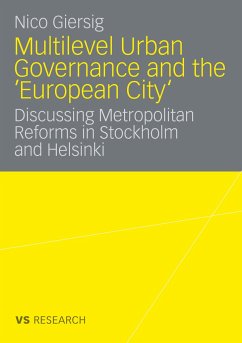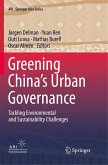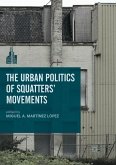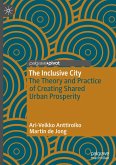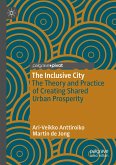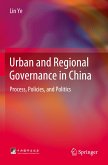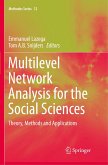"The question is no longer simply what autonomy actually is for local authorities within the state, but rather what capacity territories have to become collective actors of European governance. " (Le Galès 2002: 235) This book is designed to be an empirical and theoretical contribution to debates on currently changing forms of urban policies and politics in Western Europe. To put it differently, the issue of multilevel urban governance analysis can be found at the heart of this work. Undoubtedly, political decision making in and for cities as well as the academic reflection upon it have been in flux throughout recent decades - and in most instances, these changes have been associated with all-encompassing mac- structural transformations that have left their imprint in virtually all Western Eu- pean countries. For example, discussing phenomena such as the crisis of 'Fordism' and 'national Keynesianism' or the rise of economic globalization, urban scholars have come to ask what these shifts might imply for the political role of cities. Some have claimed that cities are likely to strengthen their role as politically relevant - tors at the expense of national governments today, while others have diagnosed an overall decline of state regulation, 'the political', or even a general dissolution of 'spaces of place' in the information age (for overviews see Amin 1994; Blanke and Benzler 1991; Castells 2000).
Bitte wählen Sie Ihr Anliegen aus.
Rechnungen
Retourenschein anfordern
Bestellstatus
Storno

